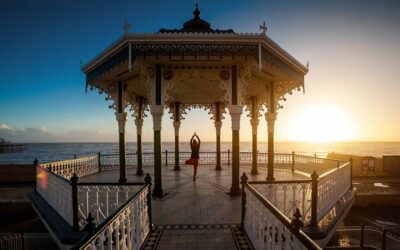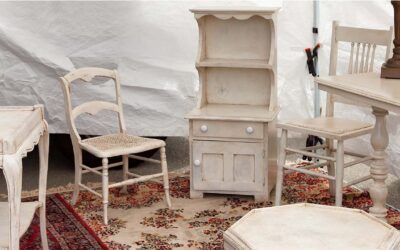Finding your dream wedding venue can be very tiring and a lot of hard work, but it is one of the most important aspects of your big day, so it will all be worth it in the end! Here are some tips to help you in your search…
One of the first things to decide is if you want to have a religious ceremony in a church or a civil ceremony in an alternative venue. If you’re not opting for a church ceremony, a luxury hotel, country house, or even an art gallery might be something you’d like to look into.
If you are planning on saying your vows in church, you’ll still need a reception venue, so here are some things you will need to think about:
- What is your venue budget?
- How many guests will be attending in the daytime? How many extra will you have in the evening?
- Do the wedding party and guests have far to travel to get to the venue?
- Will you take on the venue’s catering or do you need to hire external caterers?
- What setting would you like your wedding photographs in?
- Will you need on-site accommodation?
- Will you be able to decorate the rooms to your taste?
- Will you have exclusive use of the venue?
- Does the venue have its own entertainment, or do you need to book your own?
A lot of venues will have their own catering in place, and some will also have packages which include entertainment or even a photographer. If a venue doesn’t have these sort of package deals, they may have a list of recommendations based on previous weddings on the premises.
Once you’ve considered your options and drawn up a shortlist of potential venues, contact your lucky shortlist and set aside time to visit each one. As you approach the venue, try to keep a cool head and not get too caught up in the moment. Don’t be afraid to ask the venue’s wedding coordinator lots of questions, as getting all of the answers will help you to make your decision. Tell the coordinator as much as possible about how you envision your day, as it is their job to make sure everything runs smoothly if you go ahead with the booking. You’ll likely talk about the possible schedule for the day, including the times of your wedding service (whether it’s held in a nearby church or at the venue), the time to serve the wedding breakfast and appropriate times for guests to arrive.
As you look around each venue, take note of details including:
- Date availability – If you’re having a church ceremony you will need to find a date that suits both the church and the venue.
- Capacity of venue – If the room you are going to use can only accommodate 100 people, you cannot invite 200 guests to your happy celebration. If you need to invite a lot more people, this will show you that a venue is not the right one for you.
- Potential locations for photographs – There may be beautiful gardens for outdoor pictures, but you will also need to look at indoor locations in case it is raining heavily on the day of your wedding. Unfortunately, blue skies and glorious sunshine cannot be guaranteed even if you are tying the knot in the middle of the summer. Ask the coordinator for suggestions if you are unsure.
- Air conditioning or heating – You don’t want you and your guests getting too hot or too cold on the big day.
- Electrical facilities including lighting and power sockets – Is the lighting sufficient? Would there be enough power sockets for the DJ?
Before you say ‘I do’
Before you commit yourself to a contract with your wedding venue, ask them to provide you with a detailed breakdown of all costs. Ask for written guidelines on what happens if you wish to cancel for whatever reason and also a copy of the venue’s terms and conditions. Find out who your point of contact should be throughout the planning process and check they will be available in the weeks before and on the day of your wedding. Having one point of contact means that only this person will deal with all matters relating to your wedding and helps to minimise the likelihood of confusion further down the line.
Read more...
Sussex Health Food Stores: Health and Sustainability
Your body is your temple, and just like any temple, it needs to be taken care of. You wouldn't pour junk into a temple, so why would you do it to your body? A nutritious diet is essential for overall well-being, and one way to ensure that you're fuelling your body...
Find your Zen at these Sussex Yoga and Fitness Spots
HotPod Yoga Body Happy Studio Studio iO Aurora Yoga Step into the world of yoga and fitness – your ticket to a healthier lifestyle and a sharper mind. We get it, finding time for exercise can be tough. But fear not, because Sussex is bursting with fabulous yoga and...
Sussex’s Sustainable Solution: Second-Hand Furniture
Why Second-Hand Furniture is a Treasure Trove Where to Find Hidden Furniture Gems Tips and Tricks for Scoring Quality Second-Hand Furniture Success Stories Sustainable living is becoming increasingly popular as people all over the world are finally realizing the...









